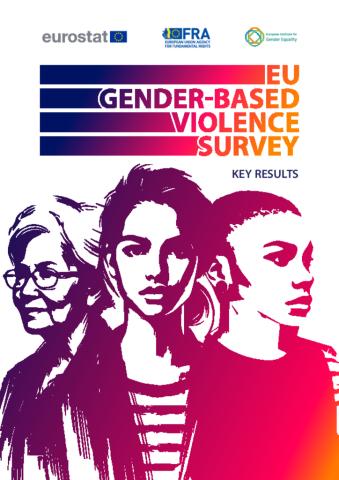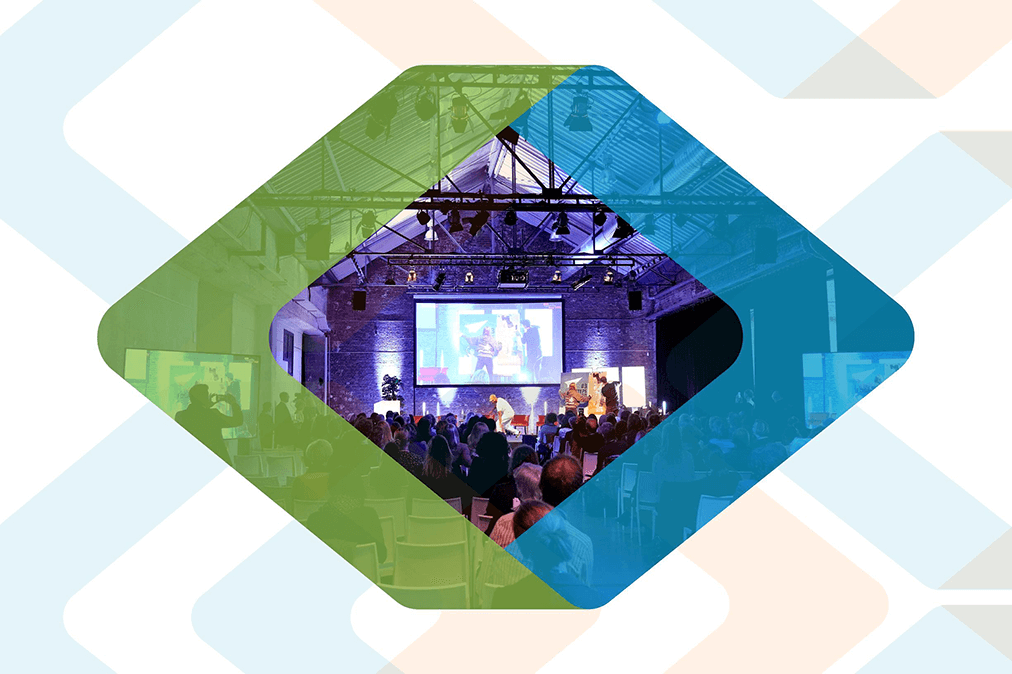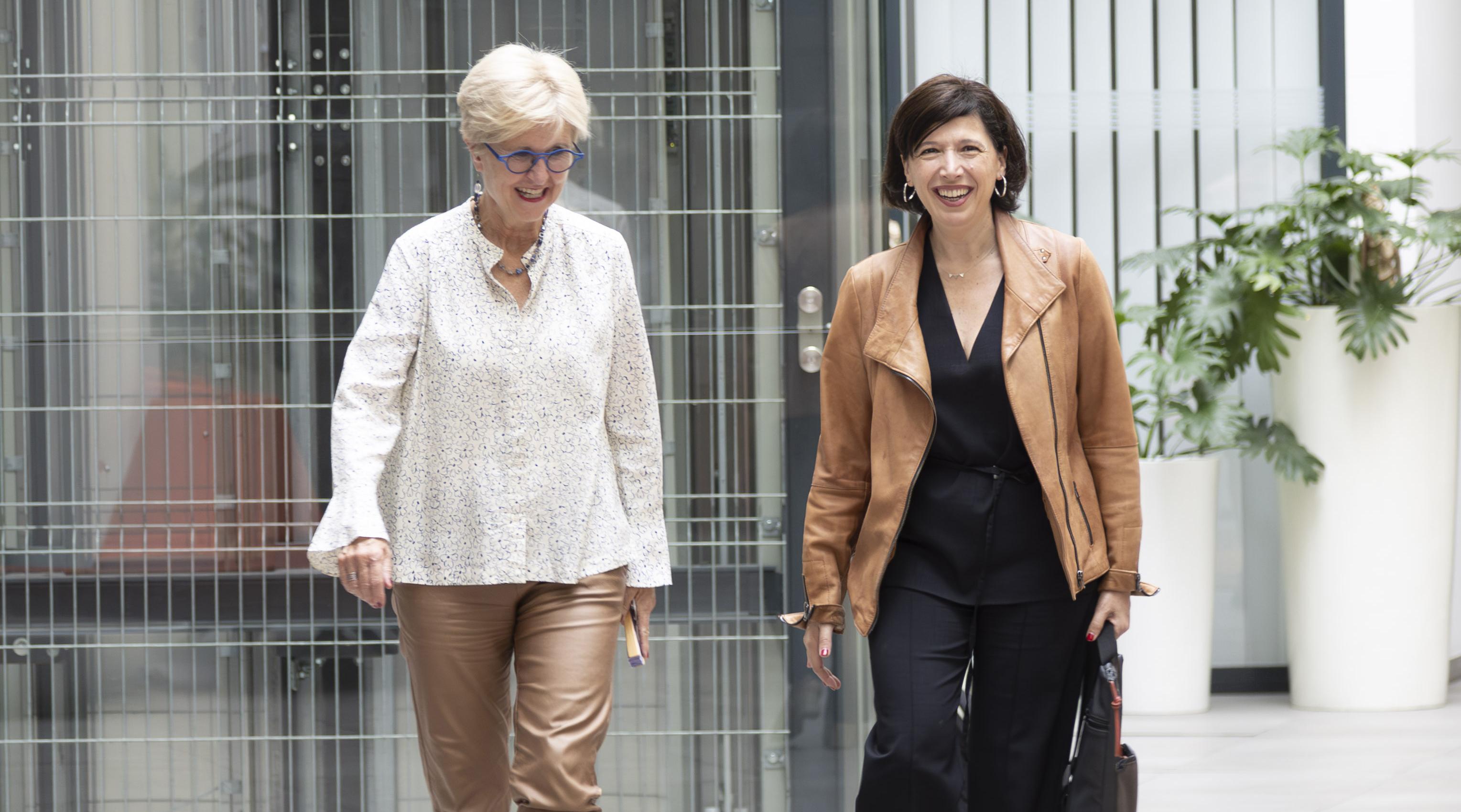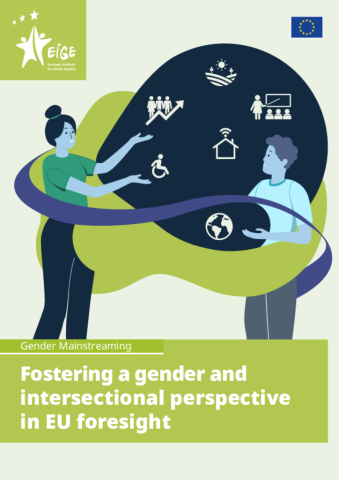Addressing the European Economic and Social Committee on 26 November 2024 in Brussels, Director Carlien Scheele brings the latest findings in EIGE’s evidence on the role digital platforms must play in combatting cyber violence against women and girls.
Dear colleagues,
Thank you for this kind invitation to join you here today as part of your activities for the 16 Days of Activism against gender-based violence.
As the Director of the EU’s only gender equality agency, this means a lot.
For everyone here today, especially every woman, what I’m about to share will probably shock and not shock you at the same time.
Yesterday, Eurostat, FRA and EIGE shared the latest results on the state of gender-based violence in the EU from our joint survey data.
Pause.
We are still at that infamous ‘one in three.’
A decade since the last survey results, one in three women still experience violence in the EU.
1 in 6 women in the EU have experienced sexual violence, including rape, in their adulthood.
What’s more is that this affects women in all areas of life. From home to the workplace, to public spaces.
Home is not always safe for many women: 1 in 5 women have faced physical or sexual violence from their partner, a relative, or another member of their household.
1 in 3 women have been sexually harassed at work. Younger women report a higher prevalence, with 2 in 5 having experienced sexual harassment in their workplaces.
Yet violence against women often remains invisible, as only every fourth woman reports incidents to the authorities – that includes the police, or social, health or support services.
Which is just not good enough.
It reveals a glaring gap in the gendered response to violence against women.
And it reveals the lack of understanding in where violence against women comes from.
It is rooted in control, dominance and this idea that women are secondary. It is as historic as it is systemic.
Earlier this year there was a wave of relief with the adoption of the EU Directive to combat violence against women and domestic violence, as well as the ratification of the Istanbul Convention.
But it is still not enough. Yes, we are moving in the right direction but we are still taking small steps.
When I read that one of your key agenda points for today is to focus on UN Women’s UNiTE campaign’s objectives, which are recommitment, accountability and resourcing.
They really struck a chord with me – because they fit perfectly with what is required to end gender-based violence.
Which leads me to calling out all governments and authorities to take charge and make change.
In a crisis situation – be it Covid or the energy crisis, the EU got its act together at rapid speed. Violence against women is also a crisis situation. That same urgent response afforded to other crises is needed to ensure women’s safety in the EU. Because we want the women and girls in our lives to feel safe whether they’re at home, at work, out with friends or taking the bus across town.
But of course we cannot forget the digital space.
A space that is democratically positioned ‘for all’ but at the same time, it does not ‘welcome all’.
Your agenda also highlights the role of different sectors to prevent and respond to GBV.
My Agency is about to publish a new brief looking at the role of digital platforms in tackling cyber violence against women and girls.
Of course anyone can fall prey to vicious and violent cyber practices and behaviours, but women and girls are more likely to be the target.
Online gender-based hate speech may be the most obvious and well known. I am sure you all know of high-profile cases where women – especially women in politics – have been subjected to nasty treatment to the point where strong voices end up being silenced.
I hazard a guess that the Julia Gillard case – Australia’s former prime minister - is known to you all.
And the travesty with cyber violence against women and girls is that it puts girls off the idea of entering public life and drives women who are in public life already …out.
So, what are digital platforms doing about this?
Our findings show that platforms have put significant effort into the standards, trust and safety policies and regulations in place to deal with online abuse and incidents of technology-related violence. However they could go further.
What their Trust and Safety Policies and Standards lack is the all-important gender perspective. They are fatally generic.
The platforms do not apply a specific gender perspective in policy development, nor do they explicitly refer to the cyber violence experiences of women and girls.
Few platforms make specific reference to gender elsewhere in content policies (TikTok, eHarmony, X and Reddit are examples that do make some reference, in addition to YouTube).
YouTube recognises explicitly that ‘Women and non-binary creators disproportionately experience stalking compared to men’
In addition, when the platforms are developing their Trust and Safety Policies and Standards, they do not tend to communicate across platforms to confer.
They do not apply specific gender perspectives at policy development stage nor do they explicitly refer to the cyber violence experiences of women and girls.
In addition, in the Trust and Safety Policies and Standards of the Digital Platforms, there is very little reference to the relevant human rights acts or important legislative advances in the fight against gender-based violence and cyber violence.
The thing with cyber violence against women and girls is that there are multiple kinds of offences.
The variety is wide. And the definitions of the many offences – such as stalking; image abuse; hate speech - are not harmonised across platforms.
The same offence may be identified by a different name from one platform to another. This creates challenges for women who are trying to define the violations they have experienced, and creates difficulty for them, when identifying the same offence if it occurs on multiple platforms.
As a result, it becomes difficult to navigate the reporting process.
So you can imagine just how many cases of cyber violence against women and girls go unnoticed because of this.
Furthermore, the technology that Digital and social media platforms use evolves rapidly.
Artificial intelligence and machine learning development are exacerbating gender inequalities at alarming levels and speeds.
Platforms face great challenges with the rapid development of technology, multiple global jurisdictions and continuous evolving criminal CV innovations. EIGE’s platform brief provides some recommendations to support the platforms in their ongoing fight to combat cyber violence against women and girls
Platforms need to react swiftly, promptly and adequately to harmful content.
Our research found that many users who have filed complaints over violent incidences were not satisfied with the outcomes of the platform’s procedures. Strengthened User-friendly guidelines are essential to give women and girls the safety and trust to report their experiences of cyber violence – knowing that it will come back to them in the form of justice and greater prevention and protection in the future.
Now, moving forward.
I want to conclude on the point made earlier on collaboration and cooperation as a means of tackling all forms of violence against women in all areas of life. Online or offline.
We are all partners in progress. From governments to activists to civil society to platforms – EIGE and LinkedIn are on very good terms in fact.
Collective action will lead to change.
On that note, I look forward to welcoming the EESC delegation coming to Vilnius next month where I’d like to see further exploration with our in-house experts on the state of play of measures across the EU to tackle violence against women in all areas of life. I hope this will be useful to support your own-initiative opinion on the topic.
And also, on the trends and complexities of the fast-changing digital landscape. Digital platforms have a powerful role in shaping online spaces more responsibly.
Women and girls’ safety—whether in our homes, workplaces, public spaces, or online—is not a nice to have or indeed a privilege; it is a non-negotiable right.
Thank you.





